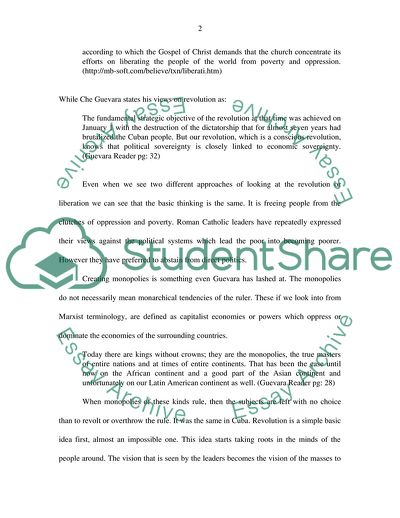Cite this document
(Liberation vs Revolution Ideologies of Socialism Assignment, n.d.)
Liberation vs Revolution Ideologies of Socialism Assignment. https://studentshare.org/politics/1730836-i-love-you-professor-gordy
Liberation vs Revolution Ideologies of Socialism Assignment. https://studentshare.org/politics/1730836-i-love-you-professor-gordy
(Liberation Vs Revolution Ideologies of Socialism Assignment)
Liberation Vs Revolution Ideologies of Socialism Assignment. https://studentshare.org/politics/1730836-i-love-you-professor-gordy.
Liberation Vs Revolution Ideologies of Socialism Assignment. https://studentshare.org/politics/1730836-i-love-you-professor-gordy.
“Liberation Vs Revolution Ideologies of Socialism Assignment”. https://studentshare.org/politics/1730836-i-love-you-professor-gordy.


